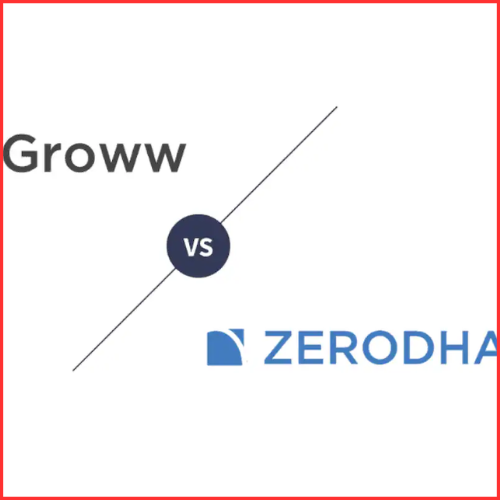Shardeum is attempting to solve the trilemma affecting most blockchains where they have to prioritize among scalability, security and decentralization, but at best they can pick only two of these attributes.
Indian crypto exchange WazirX’s co-founder Nischal Shetty is in advanced stages of talks to raise a maiden funding round for his new venture. Shetty is raising $20 million to $30 million in a seed financing round for his blockchain startup Shardeum, sources said, requesting anonymity as the deliberations are ongoing and private. The funding round proposes to value the startup at about $200 million, the sources added.
The Spartan Group, Struck Crypto, Big Brain Holdings and Cogitent Ventures are among some of the investors who are engaging to participate in the round, the sources said.
Shetty confirmed that the startup is in talks to raise funding, but said the round hasn’t closed. “We are currently working with top VCs in an ongoing funding round. While it has not yet closed, we expect to see great support for Shardeum and our mission of making blockchain technology faster, smarter, and easier to use for everyone,” he said in a statement through a spokesperson. “We look forward to sharing more details on how we’re working to turbocharge the expansion of our team and accelerate Web3 adoption for developers and their users.”
Shardeum is attempting to solve the trilemma affecting most blockchains where they have to prioritize among scalability, security and decentralization, but at best they can pick only two of these attributes.
Shardeum is employing a technique called sharding that partitions the network into shards resulting in more transactions being processed, verified and validated in parallel, the startup explained in an investor deck, reviewed by TechCrunch.
The startup’s eponymous blockchain, which is currently in testnet, aims to be EVM compatible and use proof-of-stake and proof-of-quorum consensus mechanisms to reduce the cost of running the network and rely on three types of nodes — validator, archival and standby — in its network, it said in the investor deck.
Shardeum anticipates that it will be able to process over 100,000 transactions per second with 100,000 nodes and will maintain a latency of 10 seconds, it said in the deck. The L1 blockchain will also provide ways to help Ethereum developers transition to Shardeum and maintain stable gas fees, it said.
The startup plans to initially target Indian and emerging markets, according to two sources familiar with the matter. It aims to perform mainnet launch in the quarter starting October and launch over 500 million SHM tokens, it said in the deck.















